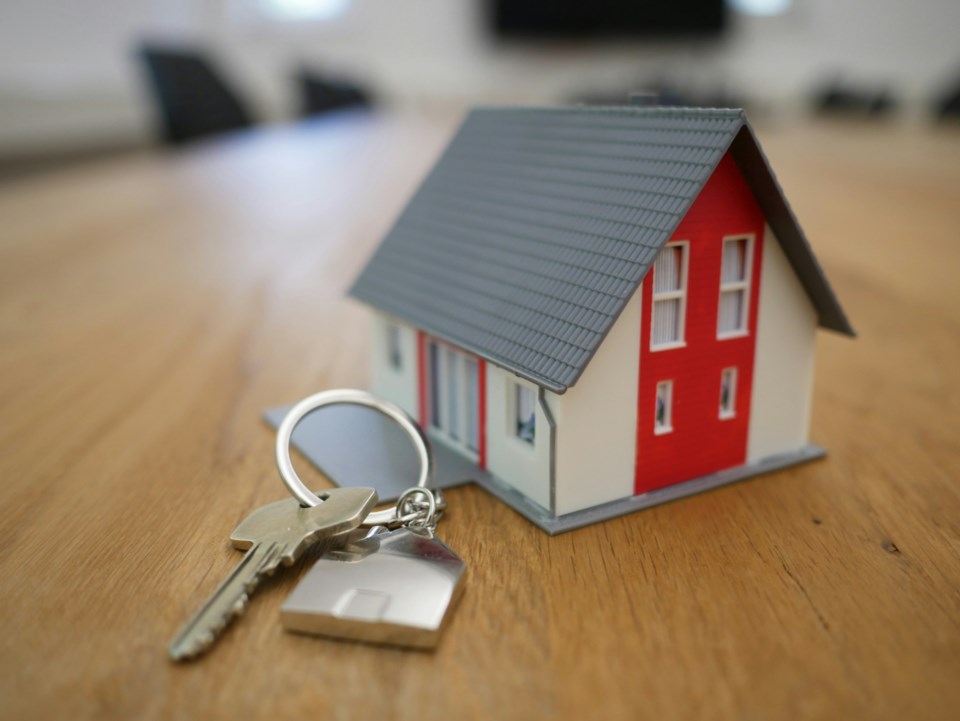Multitasking is never easy. Likewise, buying or selling a home can be daunting, even in the best circumstances. Doing both at once might mean stress overload unless you are prepared and have a plan B for when things go awry. Here are five tips to consider when buying and selling your home at the same time.
1. Assess your situation
Ideally, you want to move into your new place before you leave your old one. But to prepare for buying and selling your home at the same time, you need to know current real estate trends. The best place to start is with a reputable, . This person knows the market situation in your area and in the new area you are considering.
An agent will also know if it is a . This is important so you have a sense of how quickly homes are moving and for how much. That will help you with your timeline, your listing price and how much you can afford.
Make sure to choose the same agent for the buying and selling process. Having an agent who understands both ends will be invaluable. The only times this shouldn’t be the case is if you are moving out of province or if the agent is also working with the seller of your new home.
Remember, you have options when it comes to negotiating the length of your close, short-term rentals and other ways to bridge the time between buying and selling. Having an agent to help will make sure you get the best possible terms.
2. Know when to use contract contingencies
Another key is knowing if you need to sell your current home to make the for your new home. If you do, you need to consider a contract contingency when purchasing or applying for a bridge loan.
Contract contingency or conditional sale means the purchase of the new home will depend on the sale of your existing home. This can be dangerous in a seller’s market and could cost you your dream home if you are not careful. If the market is competitive, the seller may not want to decrease their chances of selling by waiting for you to sell your home.
You’ll need to convince the seller your home is in a desirable market, priced right and will sell quickly. If there’s been no movement on the seller’s property and it’s been on the market for a while, they may agree to a contract contingency.
3. Consider a bridge loan
A bridge loan could be a great alternative to contract contingency. As the name implies, it bridges the time between moving into your new place and out of your old one. These loans let you own two homes at the same time by using the equity on your property to help with the down payment of your new house.
Usually, bridge loans are around six months long, but this can vary depending on how long you think you need to sell your home. Keep in mind a lender must still approve you for this loan, too. You’ll need a sale agreement setup for your current home to qualify. Once your old house sells, you can use the proceeds to help pay the .
4. Factor in the financials
When setting the price of your home, consider what you want to spend on your new home and weigh this against the market value. Leave a cushion when calculating your new home budget. For example, if your current home is assessed at $900,000 and the new home you want is $850,000, then you know the least you’ll accept for your current place is $850,000. If you don’t get at least $850,000 for your current home, then you need to look for a cheaper new home.
That is, make sure you cover your new home’s price with your current home’s sale. If you only know the general price range you want for your next purchase, talk with your agent about what you'll need to get from the sale of your current home to cover it.
Have a buffer and manage your expectations. Plus, if your current home was your for the entire time you owned it, you won’t have to pay capital gains tax when you sell. But if it wasn’t, factor this into the total amount available and work with your agent and an accountant.
Also, don’t assume you can upgrade to a bigger home because you have a current mortgage, have a down payment or are making more income. This is not always the case; know your limits. By , you won’t be setting yourself up for disappointment after you find your dream home.
5. Cover yourself between buying and selling
Have a plan B. It’s rare for the new home to close at the same time as your existing home. A little off in either direction and you could be paying dual mortgages or be homeless.
Banks can take up to two to three days to transfer funds, and those transfers are usually done before 3 pm. So, don’t schedule your closing on a Friday and always choose the morning hours. Having this buffer in your schedule will help close the deal on schedule and as planned.
Set up an emergency fund for such a situation. You may find you are in a hotel for a week or two. You might want to consider short term rental options (like an Airbnb). Speaking with friends and family may also give you some options until your new place closes.
Another possibility is a rent-back agreement. This means you would rent your old home back from the buyer (now the owner) from the time of closing until you’re ready to move. The buyer does not have to agree to this, and their own buying and selling situation will likely determine if they agree. But it doesn’t hurt to ask. Have a back-up for this back-up plan, though.


